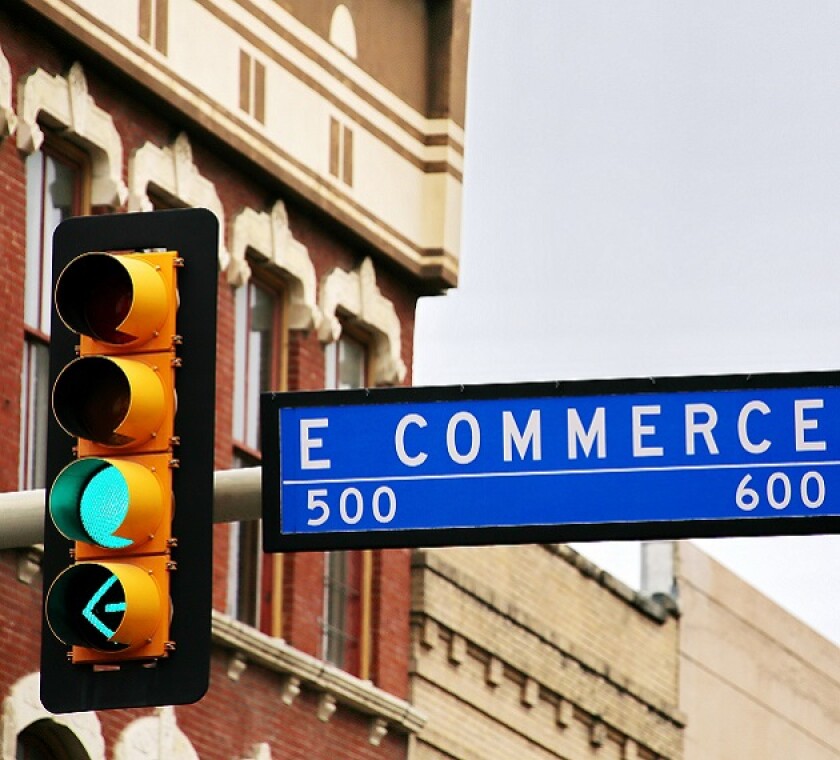Law No. 47/2020 has been approved, transposing Articles 2 and 3 of Council Directive (EU) 2017/2455, of December 5 2017, and Council Directive (EU) 2019/1995, of November 21 2019, into Portuguese law. This law amends the Portuguese VAT legislation, including supplementary laws on the tax treatment of electronic commerce, while broadening mini one-stop shop (MOSS) VAT regimes. These rules are expected to enter into force in January 2021.*
These amendments include many rules aimed at (i) modernising the VAT system for cross-border, business-to-consumer (B2C) online commerce; (ii) combatting VAT fraud; and (iii) reducing the tax burden for e-commerce businesses. The main changes to Portuguese VAT law are summarised, and the businesses that will be affected by these rules and the potential implementation problems are outlined.
Highlights of the e-commerce VAT package
Most notably, the previous regime for intra-EU distance selling has been ‘redesigned’, as the previous threshold of €35,000 ($41,000) has been revoked and a new threshold of €10,000 has been established.
The scope of MOSS has been widened, although still optional, so it can apply to intra-EU distance sales. All services digitally provided to non-taxpayers within EU territory will also be covered by MOSS, along with domestic supplies made electronically.
The VAT exemption for the import of low value goods (€22) has been revoked and a special regime (the so-called ‘import one-stop shop’) has been created to cover the distance sales of goods imported from third countries to end customers within the EU. The threshold to apply this regime is €150.
Taxpayers that facilitate cross-border B2C sales of goods will be responsible, in certain circumstances, to account for the VAT due in those transactions. Therefore, businesses such as eBay and Amazon, which facilitate the sale of goods via an electronic interface, will be considered as both acquiring and selling the goods for VAT purposes, as the dispatch or transport is allocated to the second transaction. In practical terms, those businesses will be considered suppliers on the supply of goods facilitated through their platforms.
Effect on businesses and issues to be resolved
Generally, the e-commerce VAT package will apply to businesses that sell goods online and remote service providers. In certain circumstances, businesses that operate a digital marketplace will also be liable to pay the VAT due.
In theory, these rules are welcome for such market players, because they will be able to rely on the MOSS arrangement for paying the VAT at destination and, hopefully, the VAT gap will be reduced in the coming years. A performance report of the European Court of Auditors concludes that “many challenges of collecting VAT and customs duties remain to be resolved,” as the auditors “found out that tax authorities did not always document controls and registrations of traders”. This means that “a level playing field is not ensured for EU traders”, despite equality, according to the European Commission, being one of the main objectives of the e-commerce VAT package.
Also, according to the auditors’ report, the majority of “member states use web-scraping tools or third-party information to identify traders that should be registered in their jurisdiction because they have exceeded the threshold”, which does not reduce the risk of non-compliance or avoidance of registration in the EU member state of consumption. Although the goals of these rules are to increase EU traders’ competitiveness, results may fall short if jurisdictions are not able to efficiently monitor traders that are most likely to continue creating avoidance situations.
Therefore, although EU traders face new rules aimed at tackling VAT fraud and creating a level playing field within the EU market, compliant businesses will continue to face the competition of non-compliant traders if EU member states are not able to make full use of the widened MOSS regime by (i) implementing the necessary steps to increase quality controls, and (ii) monitoring more closely the sales carried out in respective jurisdictions.
Also, data exchange between EU member states must be faster and more reliable than ever, especially if the VAT system is intended to evolve into a final stage where MOSS or a similar system will be used to create a genuinely unique EU VAT market.
On another note, the situation caused by the COVID-19 pandemic has created an era of consumption that has significantly affected the e-commerce VAT package, by increasing online shopping throughout the past months.
Therefore, a significant portion of EU trading is carried out and facilitated using an electronic interface. Big online retailers that have implemented their business via online marketplaces will face an increased administrative tax burden, as they will account for VAT due on transactions carried out within their digital marketplaces.
The purpose of these rules is clear. As digital marketplaces have all the information required to account for the VAT due, to enhance fraud control, jurisdictions will be required to closely monitor the digital marketplaces instead of the several sellers carrying out transactions through their electronic interfaces. Increasing digital marketplaces’ administrative tax burden is nothing more than a trade-off to prevent tax fraud.
Online businesses should anticipate and develop the appropriate procedures for this new reality. Hence, it is crucial that these online businesses thoroughly (i) analyse transactions made within the marketplace as a whole; (ii) assess the respective VAT treatment; and (iii) implement adequate internal control procedures.
*The date that the e-commerce VAT package will come into effect has been formally postponed to July 1 2021, by the Council Decision (EU) 2020/1109 of July 20. At this stage, the date it will come into effect in Portugal remains unchanged.
Diogo Ortigão Ramos
T: +351 21 355 38 00
E: dortigaoramos@cuatrecasas.com














